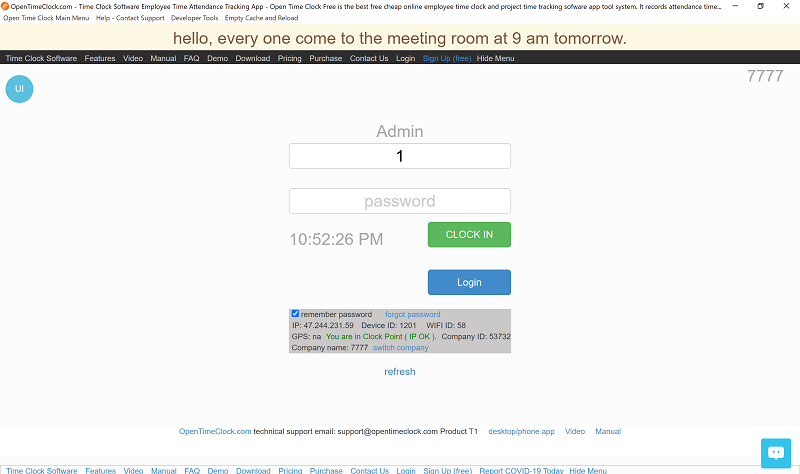Time Tracking in Project Management: The Importance and Tools
Time Tracking in Project Management: The Importance and Tools
Time tracking is an essential part of project management. It helps to keep track of the progress of a project and ensure that it is completed on time and within budget. By tracking time, project managers can identify areas where improvements can be made and make sure that resources are used efficiently.
Time tracking also helps to ensure that tasks are completed according to the timeline set out by the project manager. This allows for better planning and organization, as well as improved communication between team members. It also allows for better accountability, as everyone involved in the project knows exactly how much time they have spent on each task.
When it comes to tracking time, there are several different methods available. Some of these include manual time tracking, using software such as Clockify or Toggl Track, or using a combination of both. Manual time tracking involves manually entering data into a spreadsheet or other document in order to keep track of the hours worked on each task. This method is often used when there is no access to software or when the project manager wants more detailed information about how much time was spent on each task.
Software such as Clockify and Toggl Track provide more detailed information about how much time was spent on each task and allow for easier analysis of data over multiple projects. They also provide features such as reminders and notifications which help to ensure that tasks are completed on schedule.
Another popular time tracking tool is Open Time Clock, a reliable, secure, cloud and web-based time clock system that helps businesses of any size manage their timesheets. Designed for business owners, bookkeepers, and payroll professionals, Open Time Clock allows managers to set up employees, see who is in/out, edit time cards, print reports, and manage account billing. The app is available on Google Play and the App Store for easy access from any device, and even offers a free online version with features such as attendance tracking software and clock in from web browser or desktop computer software.
In addition to tracking time, project managers should also consider other aspects of their projects such as budgeting and resource allocation. By keeping track of these elements, they can ensure that their projects remain within budget while still achieving their desired outcomes.
Overall, time tracking is an important part of any successful project management strategy and should not be overlooked when planning a new project or managing existing ones. By using the right tools and techniques, project managers can ensure that their projects stay on track and achieve their desired results in a timely manner.

Sources:
- https://clockify.me/blog/tracking-time/time-tracking-in-project-management/
- https://clockify.me/
- https://toggl.com/
- https://www.opentimeclock.com/
- https://play.google.com/store/apps/details?id=com.opentimeclock.phone2008&hl=en_US&gl=US
- https://apps.apple.com/us/app/opentimeclock/id1192672908
Video Script:
Time Tracking in Project Management: The Importance and Tools
Hello everyone,
Today, I want to talk to you about time tracking in project management and how it can benefit your business. Time tracking is an essential aspect of project management, as it allows you to monitor progress, identify areas where improvements can be made, and ensure that projects are completed on time and within budget.
To start, let's define what time tracking is. Time tracking involves monitoring the time spent on each task or project and recording it for analysis and reporting purposes. This can be done manually, using spreadsheets or timecards, or through automated time tracking software.
One of the main benefits of time tracking in project management is increased efficiency. By monitoring the time spent on each task, you can identify areas where time is being wasted or where processes can be streamlined. This can help you optimize your workflow and reduce the time and resources needed to complete projects.
Another benefit of time tracking is improved accuracy. By recording the time spent on each task, you can ensure that projects are completed on time and within budget. This can also help you estimate the time and resources needed for future projects more accurately.
In addition to these benefits, time tracking can also help improve employee accountability and productivity. When employees know that their time is being tracked and recorded, they are more likely to stay on task and focus on completing their work efficiently.
In conclusion, time tracking is an essential aspect of project management that can help improve efficiency, accuracy, and productivity. Whether you choose to use manual methods or automated time tracking software, incorporating time tracking into your project management process can help you achieve better results and complete projects more efficiently. Thank you for listening, and I hope this information can help you improve your project management practices.
For any question, please contact us in OpenTimeClock.com.
Created with the Personal Edition of HelpNDoc: Easy EPub and documentation editor